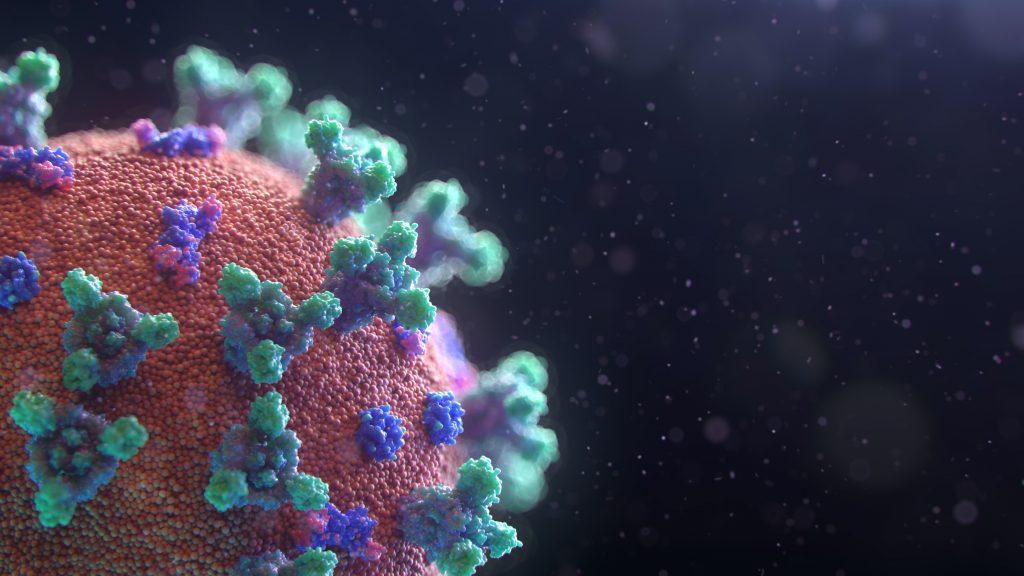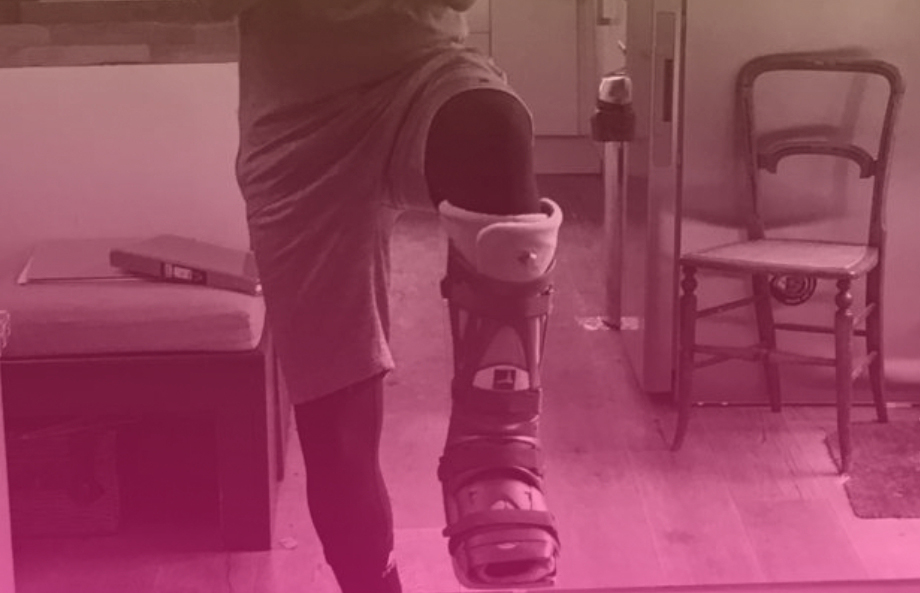It’s now clear that BAME communities are disproportionately dying from Covid-19. It’s a fact that’s disturbing to me and unacceptable to most of us.
No one knows exactly why. We do know that health co-morbidities (pre-existing conditions) play a big part and that those conditions are more prevalent in BAME communities. But what drives this prevalence? We also think that social factors such as poverty and discrimination (what I’d call ‘societal co-morbidities’) have an impact both directly (in the sense that Covid-19 is more dangerous if these conditions are present) and indirectly in being a partial cause of health co-morbidities.
In short, increased illness and death within BAME communities are driven (at least in part) by the ills of our society… our societal co-morbidity. Whatever the cause, the high death rate feels intolerable.
This raises the question as to what can be done. There are two important implications.
The first is that special measures need to be put in place to protect BAME communities immediately. The virus disproportionately affects older people and we implement special measures for them. Alcohol and soft cheese create unique risks for pregnant women and we implement special measures for them. We know as a fact that BAME communities are disproportionately affected by Covid-19 and we need to implement special measures; the same as for other communities that have higher vulnerability. Those who make policy decisions and allocate resources are calling for more data before acting. Asking for more data is justified. But waiting is not. The three studies completed so far have all reached different conclusions, so no one is expecting a quick result. We wouldn’t dream of telling the elderly that we would do nothing for them until we have data. We have implemented measures immediately. It should be the same for BAME communities. To coin a slogan, ‘BAME lives matter’.
The second implication is the spotlight that the BAME experience shines on societal co-morbidities. BAME people face unique issues in terms of discrimination but they also share issues of poverty and marginalisation with many other communities. Covid-19 within the BAME community provides a unique social benchmark ( a controlled experiment ) to test the impact of these other factors which we know are significant. Even before Covid the gap in life expectancy between the richest and poorest was already 10 years in the UK.
The big difference that Corona has made is a perspective of how acceptable this is. We are willing to put the entire country in lockdown to protect those communities vulnerable to Covid-19. The price is a heavy one; the largest recession for 100 years and hundreds of billions of economic loss. But as a civilized society we think that it’s the right thing to do. This being the case, then, when Covid-19 is over, should we go back to tolerating a 10 year gap in life expectancy between one community and another?
With this in mind, I’m now more persuaded by those now asking for the introduction of universal income as a way to reduce poverty, reduce ‘societal comorbidities’, provide greater equality of opportunity, and making us more resilient when it comes to future emergencies.
It was inconceivable in the 1800s that you could deliver a welfare state and free healthcare for all. It was considered simply too expensive. But we found a way. Who would want to go back to the world of the 1920s, let alone the 1800s? If universal welfare and universal healthcare were two great contributions in the 40s and the 50s when we wanted to build a world fit for our children after WW2, then I would like to suggest that the defining contribution in the 21st century is universal income.
It’s an idea whose time has come.
“I am now convinced that the simplest approach will prove to be the most effective — the solution to poverty is to abolish it directly by a now widely discussed measure: the guaranteed income.” (Martin Luther King, 1967)




